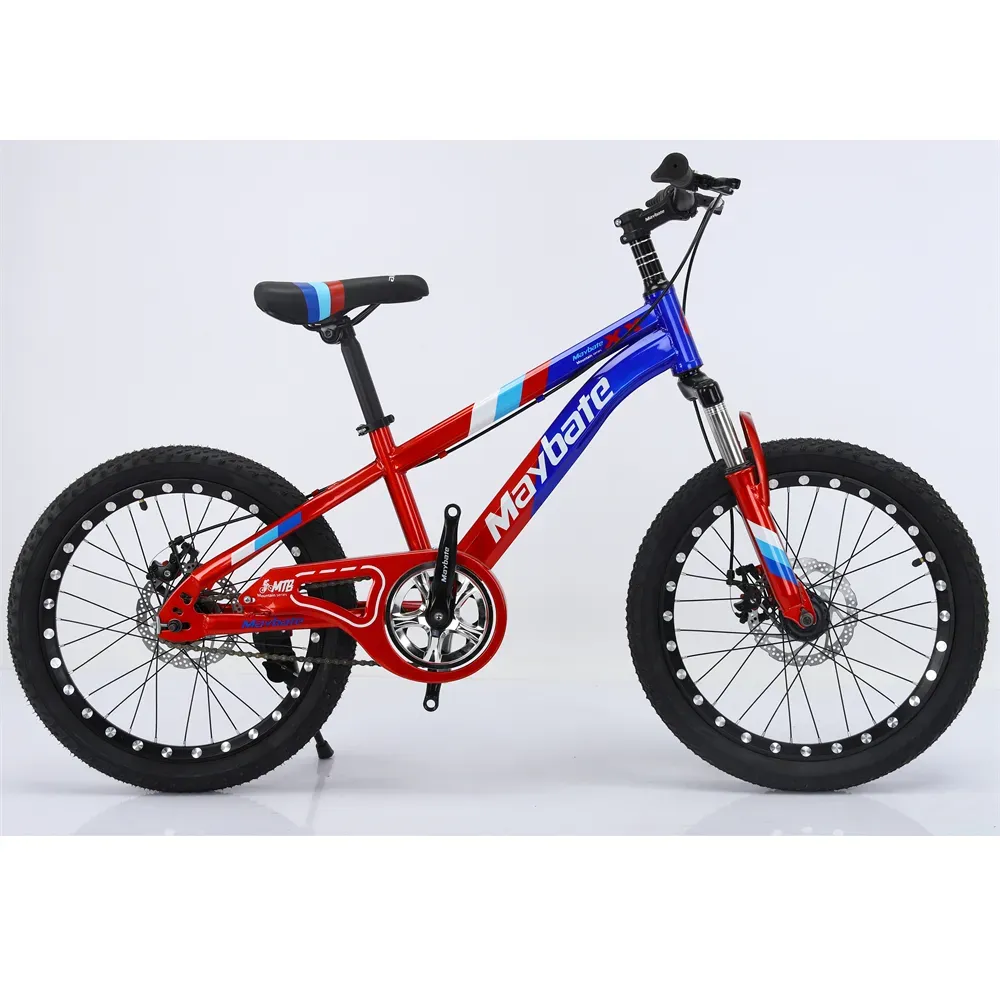how to size kids bike
How to Size a Kids' Bike A Comprehensive Guide
Choosing the right size bike for your child is crucial not only for their comfort but also for their safety and confidence while riding. Getting the proper fit ensures that they can reach the handlebars, pedal smoothly, and stop effectively. In this guide, we will explore the factors to consider when sizing a kids' bike, how to measure your child, and the age-appropriate bike sizes available in the market.
Understanding Bike Sizes
Kids' bikes are usually measured in inches based on the diameter of their wheels. While older kids might also use frame size, the wheel size method is still the most common way to determine the right bike fit for younger children. The general rule is as follows Bigger wheels mean a larger bike size.
Wheel Sizes and Age Groups
1. 12-inch Wheels Generally suitable for children aged 2 to 4 years, these bikes are often referred to as balance bikes or tricycles. They typically come with training wheels to assist beginners. 2. 14-inch Wheels Suitable for 4 to 5-year-olds, these bikes are designed for kids who are getting more comfortable with balancing and pedaling.
3. 16-inch Wheels Ideal for 5 to 7-year-olds, these bikes often start to resemble more traditional bicycles and may have features such as hand brakes.
4. 20-inch Wheels Perfect for 6 to 8-year-olds, this size is suitable for kids who are ready for more advanced riding and can handle more robust frames.
6. 26-inch Wheels Suitable for pre-teens and teenagers, this size often corresponds to adult bikes but may still be specifically designed for younger, smaller riders.
Measuring Your Child
To ensure the best fit, you can take the following measurements
how to size kids bike

1. Height Stand your child against a wall and mark the height using a tape measure. This will give you a starting point to find the appropriate bike size.
2. Inseam Length Have your child stand barefoot with their feet shoulder-width apart. Measure from the ground up to the crotch. This measurement can help you determine how far off the ground the seat should be.
3. Reach Sit your child on a bike (if possible) to see if they can comfortably reach the handlebars while maintaining a slight bend in the elbows.
Testing the Fit
Before making a purchase, verify that the bike fits correctly by having your child sit on it. Here are the key features to check
1. Stand-over Height When your child stands over the bike, there should be 1-2 inches of clearance for smaller bikes and about 3 inches for larger sizes. This is important to prevent injuries while dismounting.
2. Seat Height Your child should be able to touch the ground with the balls of their feet while sitting on the saddle. If they're on tiptoes, the bike may be too big. Conversely, if their feet cannot touch the ground comfortably, it's too small.
3. Reach to Handlebars Your child should be able to reach the handlebars without overstretching. They should be able to ride comfortably for longer durations without strain.
Additional Considerations
Safety should always come first. Ensure that the bike has proper safety features like brakes that your child can easily operate and reflectors for visibility. A properly fitted helmet is also a must, as it can protect your child from serious injuries.
Conclusion
Sizing a kids' bike correctly can make a world of difference in their riding experience. By measuring their height and inseam, understanding wheel sizes, and verifying that the bike fits correctly during test rides, you can help your child find a bike they’ll love. Not only will this boost their confidence and enjoyment, but it will also ensure they have a safe and fun time exploring the great outdoors on two wheels. Choosing the right bike is a valuable investment in your child’s development and enjoyment of cycling, laying the foundation for a lifelong love of biking.
-
The Perfect Baby TricycleNewsAug.11,2025
-
Ride into Fun with Bikes for KidsNewsAug.11,2025
-
Ride into Adventure with the Perfect Kids Balance BikeNewsAug.11,2025
-
Fun and Safe Riding with the Best Childrens ScootersNewsAug.11,2025
-
Find the Perfect Childrens Bike for Your Little OneNewsAug.11,2025
-
Explore the Best Baby Tricycles for Your Little OneNewsAug.11,2025
-
Three-Wheel Light-Up Scooter Benefits for KidsNewsJul.11,2025








